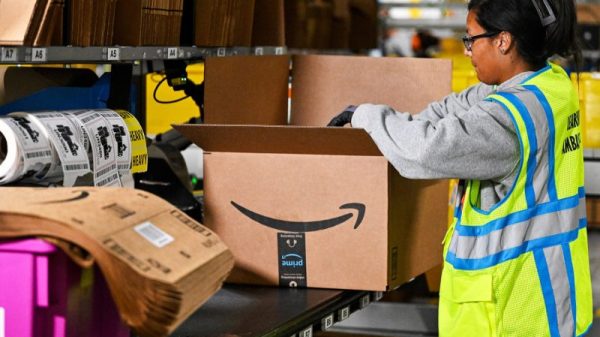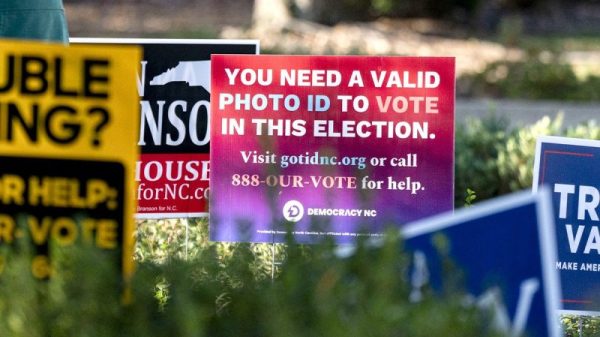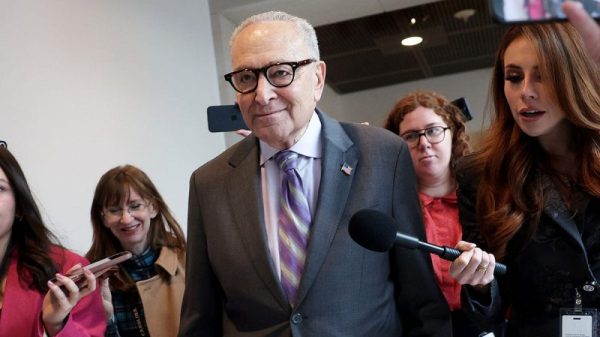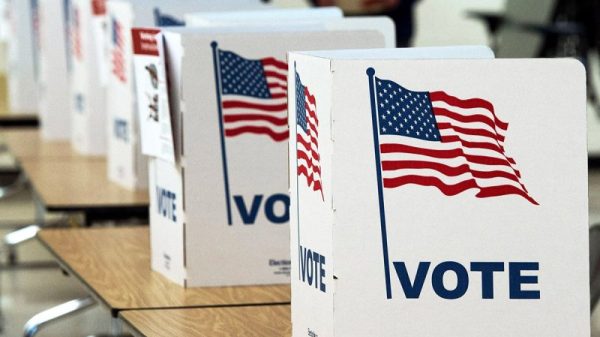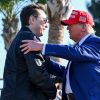Someone emailed me not long ago to say that “it’s impossible to import another nation’s goods without importing some of its values. When the UK used to import Southern cotton, it necessarily imported the South’s tolerance of slavery. Or when we import Chinese goods, we necessarily import Chinese statism.”
This observation about trade deserves respectful attention.
Might this observation point to legitimate exceptions to the case for a policy of unilateral free trade? Of course. But as is true for all rules, the asserted exceptions must be carefully considered on a case-by-case basis and constrained by imposing the burden of persuasion on those persons who support setting the rule aside in any particular instance. This burden’s weight should never be modest, and be heavier for more-important rules.
The Reason of Rules
The fact that following a rule in a particular case might not yield, in that case, an optimal outcome is itself never a good reason to violate a rule. We do not follow rules because we expect that in each instance the results will be optimal. Indeed, following a good rule might never produce an optimal outcome. Instead, by following rules we expect that the ongoing stream of outcomes will be superior to the stream of outcomes that would emerge if in each instance people made a case-by-case determination of how to act. You do not run through red lights even in those instances when you’re highly confident that doing so would cause no accident. By following the rule “remain stopped whenever the light is red” you know that you will in many cases remain stationary when moving forward in that case would be better – when running through that particular red light would save you valuable time without causing harm to anyone else. But by following this rule, over time the risk of you injuring yourself and others with your automobile is kept far lower than it would be without the rule.
In short, good rules, while almost never producing optimality in any one instance, produce streams of outcomes that approach optimality when judged as streams.
Therefore, correctly identifying as “suboptimal” the results of a policy of unilateral free trade in one or more cases in no way justifies restricting trade in those cases. A policy – a rule – of unilateral free trade is justified because the stream of results over time will be better than these would be absent this rule. Justification of a policy of free trade does not rest on the claim that free trade in each and every case yields ‘optimal’ results, or a stream of results as excellent as those that would be achieved if protectionist policies were run only by people with God-like knowledge and goodness.
Yet sometimes exceptions to rules are justified. To understand when, however, requires awareness of “the reason of rules.” Chief among the reason of rules is the imperfection of human knowledge and limits of human cognition. We simply don’t, and can’t, know enough to choose wisely without the guidance of rules. Good rules contain time-tested knowledge that guides us to act as if we know more than we really know – as if we had knowledge that’s closer to God-like. God would be foolish to bind himself with rules; Humans are foolish not to do so.
As applied to trade policy, government officials simply cannot foresee all the consequences of their interferences with trade. We know, as a matter of theory, that it’s sometimes possible to raise particular tariffs in ways that will cause producers in the home country to develop better comparative advantages than they would develop without the higher tariffs. Such a situation can be easily described by a B-minus junior majoring in economics.
But in practice, we will never know when such conditions actually prevail. Because there’s good reason to believe that the market forces that operate when trade is free incite most producers most of the time to develop comparative advantages that promote economic growth – and because we also know that these market forces tap into and use an amount of knowledge far greater than is available to government officials – the best rule is to prohibit government officials from using tariffs and other trade interventions to improve the country’s pattern of comparative advantages.
Another “reason of rules” is human self-interest. Prudence leads us to assume that most people most of the time will pursue their own self-interests. In markets, this motive is pro-social. Butchers, brewers, and bakers earn the incomes they desire only by satisfying the desires of their customers. But outside of markets (or close family and friend relationships), the pursuit of self-interest is too often anti-social. The thief satisfies his desire by thwarting his victims’ abilities to satisfy their desires. The authoritarian ruler fulfills her wishes by frustrating those of her fellow citizens. The politician seeking votes caters to special-interest groups at the greater expense of the general public.
The reality of self-interest is another good reason for a policy of free trade, for this policy diminishes politicians’ ability to harm the general public by bestowing special privileges on politically influential producers.
Questions to Ask People Who Propose to Put Aside the Rule of Free Trade
What help do these ruminations offer to address my correspondent’s concerns about trading freely with the Chinese? The answer is that they prompt questions that must be answered satisfactorily before conceding that the rule of free trade should in those particular instances be violated. Such questions include:
When we trade freely with China, do we really “necessarily import Chinese statism”? Do Americans’ purchases of iPhones assembled in China really necessarily bring to America’s shores Chinese statism? Might the possibility of these purchases exist despite, rather than because of, Beijing’s statism? Because the years of investments in China that today make these, and other, purchases possible were driven more by market forces and not by statism, perhaps what we’re mostly importing today from China is not statism but, instead, the fruits of whatever market liberalism remains in that country.
Even if we come to the highly unlikely conclusion that Americans’ imports from China now are largely the fruits of Chinese statism (rather than of market forces in China), does the amount of Chinese statism that we import exceed or fall short of the additional dollop of American statism necessary to restrict Americans’ freedom to trade with the Chinese? The alleged “imported” statism must be weighed against the domestically produced statism proposed for use as an antidote.
Furthermore, what holds true for America holds true also for China. And so when statism is increased in America in the form of additional protectionism, one result will be that, through her trade with America, China will import more statism. How should we Americans weigh this negative consequence?
What portion of goods sold to Americans by the Chinese are produced under conditions so tyrannical that the US government would be justified in preventing Americans from buying those goods? Obviously, if we know that the widgets that we import from China are made by actual slaves, then a compelling case can be made for the US government to prevent Americans from buying widgets from China. But suppose that only two percent of American imports from China are made by slaves, with the other 98 percent are made by workers who are just as free as are workers in, say, western Europe. If it’s impractical to prevent the importation of widgets without also preventing the importation of a substantial amount of other goods from China, should the US government nevertheless restrict trade with China, given that the bulk of the harm of these trade restrictions borne in China will fall on, and harm, innocent ordinary workers as demand for their services falls?
Are American politicians to be trusted to accurately assess when conditions in Chinese factories are sufficiently cruel – or sufficiently slave-like – to justify restricting Americans’ trade with the Chinese? We know that politicians are ever-eager to find cover for the rents they create for special-interest groups. Are the tyrannies alleged in China today truly so vast and deep as to justify trade restrictions on Americans imposed by the US government?
Might there be means other than trade restrictions for the US government to pressure Beijing into treating the Chinese people better? If so, should these other means be used instead? Compared to trade restrictions, what are the upsides and downsides of these other means?
These questions, and quite a few other, related ones, are the sort that should be asked when someone proposes violating the rule of free trade to deal with a bad-acting government like that in Beijing. Such questions will always be specific to the allegations at hand, and the correct answers will often be unclear. Yet there should be no exception to the rule of putting the burden of persuasion upon those who propose to make exceptions to the rule of free trade. Asking questions such as the ones above is a sound means of ensuring that this burden is borne. Sometimes this burden will be met, thus justifying trade restrictions. But it is vitally important to avoid too-quickly embracing exceptions to this excellent rule.










